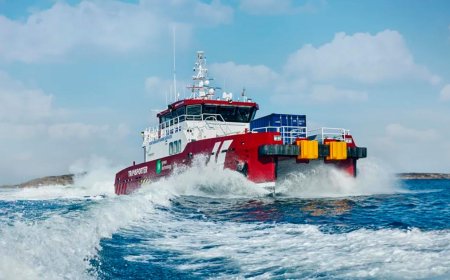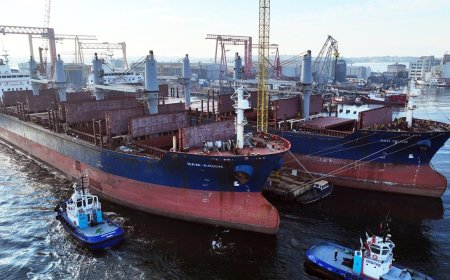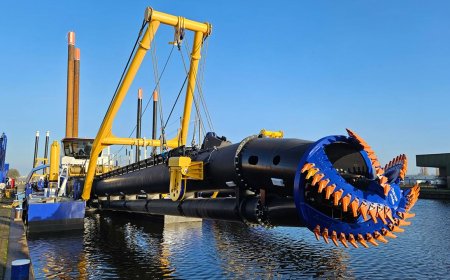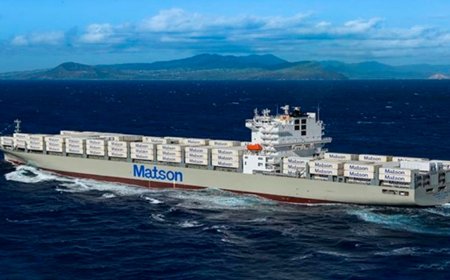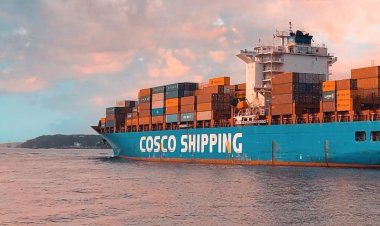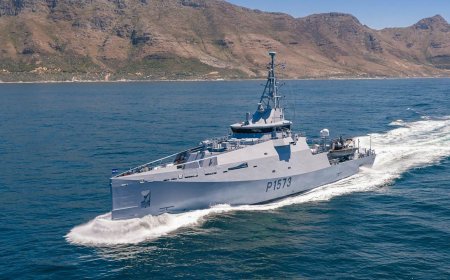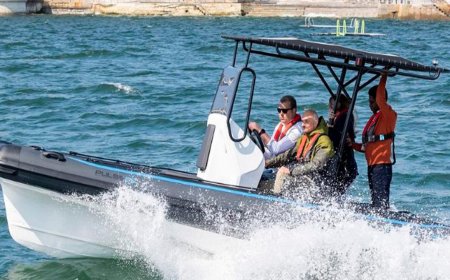Three civilian ships ran Russia’s naval blockade of Ukraine
A trio of civilian cargo ships—one each from Israel and Greece plus one with Turkish-Georgian registration—ran the Russian blockade in the Black Sea on Sunday and anchored at one of Ukraine’s grain ports on the Danube Delta.
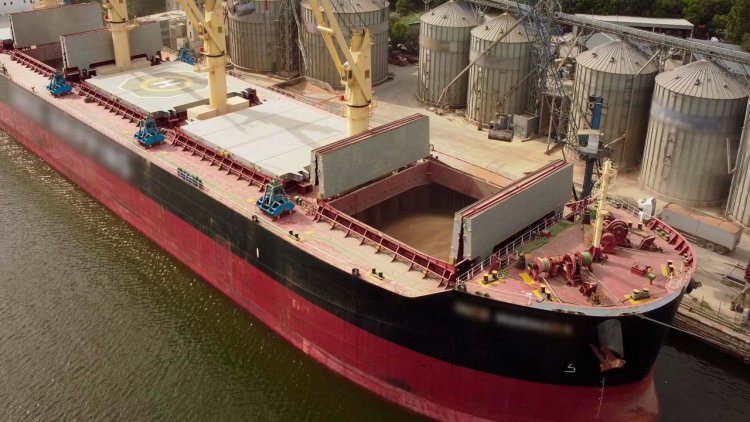
Twenty-two days after Moscow canceled a deal with Kyiv—which had allowed Ukraine safely to export tens of millions of tons of grain—and then threatened to halt maritime traffic to Ukrainian ports, the world has called the Russians’ bluff.
“Reports of three civilian ships sailing to Ukraine unhindered may suggest that Russia is either unwilling or unable to enforce such searches at this time,” the Institute for the Study of War in Washington, D.C. noted.
As pointed out by Markus Jonsson, a flock of NATO aircraft carefully monitored the ships as they sailed toward Izmail, a small Ukrainian port just across from Romania on the Danube River. The vessels presumably will load grain in Izmail then sail back into the Black Sea and onward to foreign ports.
The Israeli vessel with the ship-tracking handle Ams1, as well as the Greek vessel with the handle Sahin 2, sailed north from the Bosporus Strait, while the Turkish-Georgian Yilmaz Kaptan sailed west from northern Turkey.
Overhead, no fewer than four NATO warplanes patrolled: a U.S. Navy P-8 patrol plane, a U.S. Army Challenger with a surface-scanning radar, a U.S. Air Force RQ-4 drone and an E-3 early-warning plane from NATO. None of the planes routinely carries weapons, but NATO fighters—including Italian Eurofighters and Romanian F-16s—were nearby in Romania.
The three cargo ships made no effort to obscure their intentions. They all switched on their radio transponders, making their location and course visible to anyone with access to the internet and ship-tracking websites.
The Russian navy’s battered Black Sea Fleet, which has lost several ships to Ukrainian missiles and has been bottled up in the Black Sea since Russia widened its war on Ukraine 17 months ago, signaled it would stop—or even attack—ships sailing to Ukraine.
Shortly after Moscow unilaterally canceled the 11-month-old Black Sea Grain initiative, which had facilitated the export of 32 million tons of Ukrainian grain, the Black Sea Fleet deployed the corvette Sergey Kotov to the southern Black Sea within striking range of the main sea routes from the Bosporus Strait to Odesa, Ukraine’s strategic port.
Neither Sergey Kotov nor any other Russian ship intervened as the three civilian ships made their way not to Odesa, but to Izmail. Kyiv has been redeveloping its Danube ports as a wartime alternative to Odesa.
Russian missiles regularly strike Odesa, but attacks on the Danube ports are less frequent, likely owing to the proximity of these ports to NATO territory. It’s just a few hundred yards from Izmail to Romanian soil. A July 24 Russian drone strike on a grain warehouse in Reni, another Ukrainian port on the Danube, narrowly missed hitting Romania.
Sunday’s successful blockade run could signal to international shippers that it’s reasonably safe to resume operations from Ukrainian ports. “Russian forces appear to be unwilling or unable to forcibly stop and search neutral vessels headed to Ukraine through the Black Sea despite ostensibly setting conditions to do so,” ISW noted.
Whether any shippers will risk the longer run to Odesa, 100 miles north of the Danube Delta, is an open question. The Danube ports lack the capacity fully to replace Odesa as a grain port.
Source: Forbes
